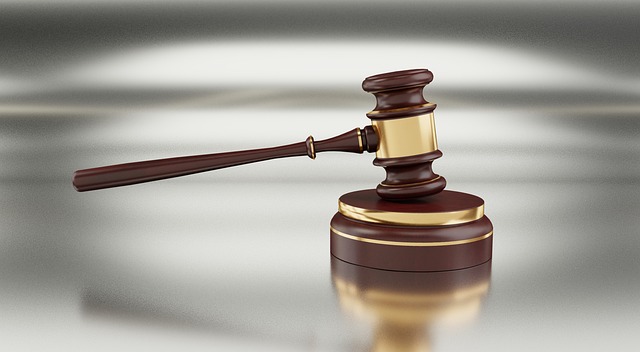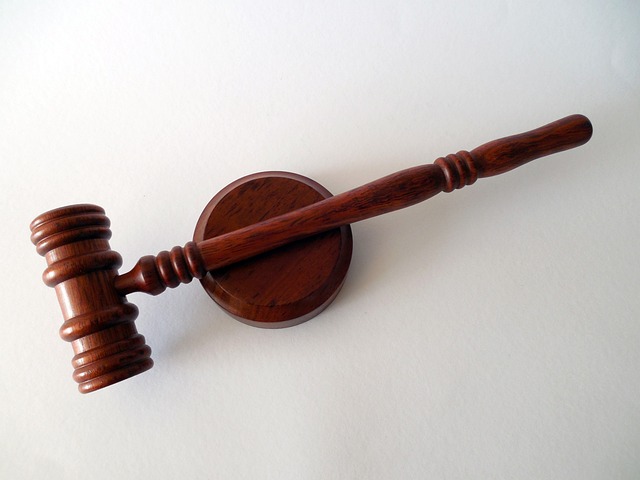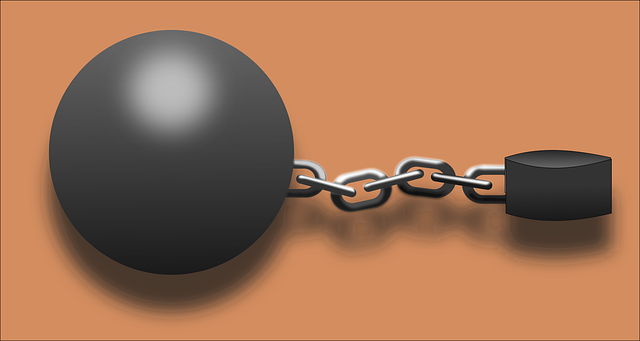First-time DUI offenders face significant consequences, but criminal record expungement after DUI can offer a fresh start. This process varies by state and involves meeting specific criteria like successful completion of penalties, good behavior, and court petitions. By sealing or removing records from public view, individuals can reduce barriers in job prospects, housing, and license applications. Understanding eligibility, gathering documents, and filing a petition are key steps to clearing a DUI conviction, leading to improved future opportunities and overcoming the stigma associated with the offense.
For many first-time offenders facing DUI charges, navigating the legal system can be daunting. However, a second chance is within reach through criminal record expungement, specifically designed for those who have been convicted of DUI. Understanding the complexities of DUI laws and their lasting impact on criminal records is crucial. This article guides you through the process, from deciphering eligibility criteria to petitioning for expungement, highlighting the benefits of clearing a DUI conviction for future opportunities.
- Understanding DUI Laws and Their Impact on Criminal Records
- Exploring Expungement: Removing DUI Charges from Your Record
- Eligibility Criteria for First-Time Offenders Seeking Second Chances
- The Process of Petitioning for Criminal Record Expungement
- Benefits of Clearing a DUI Conviction for Future Opportunities
- Resources and Support for Navigating the Expungement Journey
Understanding DUI Laws and Their Impact on Criminal Records

Understanding DUI laws and their potential long-term impact on an individual’s criminal record is a crucial step for first-time offenders. A DUI (Driving Under the Influence) conviction can lead to significant consequences, including fines, license suspension or revocation, and most notably, adding a mark to one’s criminal history. In many jurisdictions, a first-time DUI offense can be eligible for expungement after a certain period, typically several years, provided the offender completes all required penalties and demonstrates good behavior.
This process, often referred as criminal record expungement after DUI, allows individuals to seal or erase their initial DUI arrest or conviction from public view. It’s important to note that specific rules for expungement vary by state or region, so those facing such charges should research the local legal requirements. Seeking legal advice can also be beneficial to navigate this process effectively and understand the potential outcomes of having a criminal record cleared, especially when considering future job prospects or re-entry into society after a mistake.
Exploring Expungement: Removing DUI Charges from Your Record

For many first-time offenders facing DUI charges, the potential impact on their future can be daunting. However, exploring options for criminal record expungement after a DUI conviction is an important step towards turning a mistake into a fresh start. Expungement refers to sealing or removing certain criminal records from public access, effectively allowing individuals to move forward without the stigma and restrictions associated with a DUI arrest.
In many jurisdictions, first-time DUI offenders may be eligible for expungement after successfully completing a probationary period or fulfilling specific conditions. This process involves filing a petition with the court, providing evidence of good conduct, and meeting all legal requirements. By successfully expunging a DUI charge from their record, individuals can reduce potential barriers when applying for jobs, housing, or certain licenses, enabling them to rebuild their lives without the lasting consequences of a criminal conviction.
Eligibility Criteria for First-Time Offenders Seeking Second Chances

Many first-time offenders seeking a second chance often turn to programs offering criminal record expungement after DUI (Driving Under the Influence). Eligibility criteria for such programs vary by jurisdiction, but there are common threads. Typically, individuals must meet specific time frames since their offense—often requiring the incident to be in the distant past. Additionally, first-time offenders usually need to demonstrate good conduct during that period, with no further legal issues or arrests.
Another critical factor is completion of any required rehabilitation programs, community service, or other alternative sentences mandated by the court. Some jurisdictions also consider factors like the severity of the DUI offense and whether there were any injuries or deaths involved. Understanding these eligibility criteria is essential for first-time offenders navigating the possibility of a clean slate after a DUI conviction.
The Process of Petitioning for Criminal Record Expungement

The process of petitioning for a criminal record expungement, especially after a DUI charge, can be complex but offers a potential second chance for first-time offenders. It begins with understanding eligibility criteria. In many jurisdictions, individuals with no prior convictions or a clean driving record following their DUI arrest may qualify. The next step involves gathering essential documents, such as court records, proof of completion of any required programs (like alcohol education classes), and sometimes employment or educational verification.
Once prepared, the offender files a petition with the appropriate court, detailing why they believe their criminal record should be sealed or expunged. This may include arguments about rehabilitation, personal growth since the offense, and the potential negative impact of the record on future opportunities. After filing, there’s often a waiting period, during which law enforcement agencies review the request. If approved, the court orders the destruction or sealing of relevant criminal history, effectively clearing the individual’s record and providing a fresh start.
Benefits of Clearing a DUI Conviction for Future Opportunities

Clearing a DUI conviction can significantly enhance future opportunities for first-time offenders. A criminal record, especially one that includes a DUI charge, can create barriers in various aspects of life, from employment prospects to licensing requirements. By seeking criminal record expungement after a DUI, individuals can legally seal or erase these convictions from their records, allowing them to move forward without the stigma and restrictions associated with such a mark.
This process offers not just symbolic relief but tangible benefits as well. A clean criminal record opens doors to better job opportunities, makes it easier to obtain professional licenses, and can even improve access to housing and education. It allows individuals to put their mistake behind them and focus on personal growth and positive contributions to society, without the constant shadow of a DUI conviction hanging over them.
Resources and Support for Navigating the Expungement Journey







